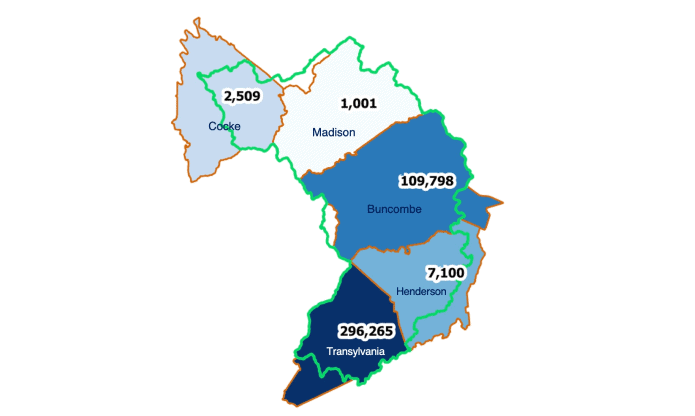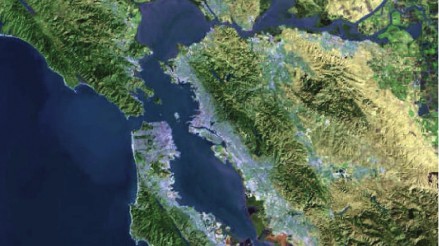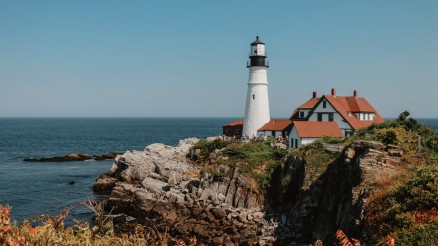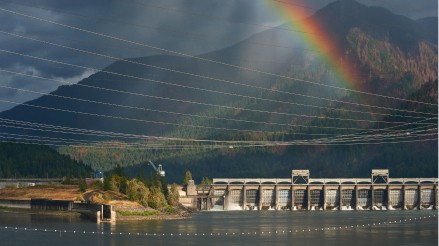RESEARCH ACTIVITiES
Below are details of selected projects that indicate
the equitability and sustainability of resources in each state,
bioregion and other selected areas.

Explore our resources
Natural cycles

What is carrying capacity?

GIS maps

Sustainable solutions for food, water, energy

our other programs
Food and Water Sustainability in Portugal
22:54
Food and Water Sustainability in Portugal
(Published in 2021)
- We focused partially on the Beiras e Serra da Estrela region.
- We analyzed the extent to which each bioregion in Portugal can sustain supplies of food and water to support its population.
Agricultural Sustainability in the San Francisco Bay Watershed (Published in 2018)
- We analyzed the agricultural sustainability in the San Francisco Bay Watershed.
- We looked at the capacity of pounds and calories of food produced in the region to meet the needs of the region's population by county.
Agricultural and water sustainability in California and the San Francisco Bay Waters...
20:25
Agricultural Sustainability in the San Francisco Bay Watershed (Published in 2018)
- We analyzed the food and water sustainability of California and the San Francisco Bay Watershed by creating GIS maps.
- We looked at the capacity of food and water produced in the region to meet the needs of the region’s population by U.S. Congressional District.
Food and Water Sustainability in the Upper French Broad River Watershed
18:32
Food and Water Sustainability in the Upper French Broad River Watershed (Published in 2019)
- We analyzed the food and water sustainability of the Upper French Broad River Watershed in North Carolina by creating GIS maps.
- We looked at the capacity of food and water produced in the region to meet the needs of the region’s population by county.
Vulnerability to Arsenic in Maine Well Water (Published in 2019)
- We analyzed citizens’ vulnerability to arsenic in well water by county.
- We looked at the number of impoverished, unemployed, and elderly populations that could be impacted by arsenic in well water according to acceptable state water standards.
Carrying Capacity of Renewable Energy in Oregon 2020 - 2045
- We analyzed the feasibility of Oregon converting to total renewable energy by 2045.
- We looked at the carrying capacity of renewable energy in kilowatts by conservation basin.
Colorado Sustainability Today
19:14
Water carrying capacity of Colorado watersheds by County
- We analyzed water carrying capacity of the Colorado watersheds by County.
- We examined the impact of evapotranspiration, discharges and diversions and how using ground water is not a sustainable solution considering Colorado’s legal water agreements with other states.
Sign up for our newsletter
EDA News is a quarterly publication that includes updates on our activities, feature stories, events, comments from members and reviews of articles from other sources. Read back issues of the newsletter.



